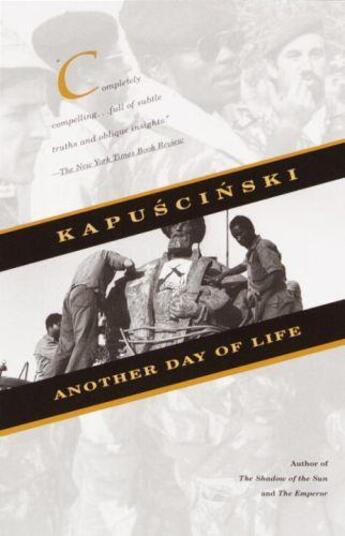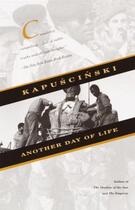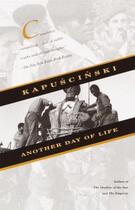-
Date de parution : 25/01/2007
-
Editeur :
Adult Pbs
-
EAN : 9780141186788
-
Série :
(-)
-
Support :
Papier
Résumé:
In 1975, Angola was tumbling into pandemonium; everyone who could was packing crates, desperate to abandon the beleaguered colony. With his trademark bravura, Ryszard Kapuscinski went the other way, begging his was from Lisbon and comfort to Luandayes'>#8212;once famed as Africa's Rio de... Voir plus
In 1975, Angola was tumbling into pandemonium; everyone who could was packing crates, desperate to abandon the beleaguered colony. With his trademark bravura, Ryszard Kapuscinski went the other way, begging his was from Lisbon and comfort to Luandayes'>#8212;once famed as Africa's Rio de Janeiroyes'>#8212;and chaos.Angola, a slave colony later given over to mining and plantations, was a promised land for generations of poor Portuguese. It had belonged to Portugal since before there were Englishspeakers in North America. After the collapse of the fascist dictatorship in Portugal in 1974, Angola was brusquely cut loose, spurring the catastrophe of a stillongoing civil war. Kapuscinski plunged right into the middle of the drama, driving past thousands of haphazardly placed checkpoints, where using the wrong shibboleth was a matter of life and death; recording his imporessions of the young soldiersyes'>#8212;from Cuba, Angola, South Africa, Portugalyes'>#8212;fighting a nebulous war with global repercussions; and examining the peculiar brutality of a country surprised and divided by its newfound freedom.Translated from the Polish by William R. Brand and Katarzyna MroczkowskaBrand.From the Trade Paperback edition.
Donner votre avis

















